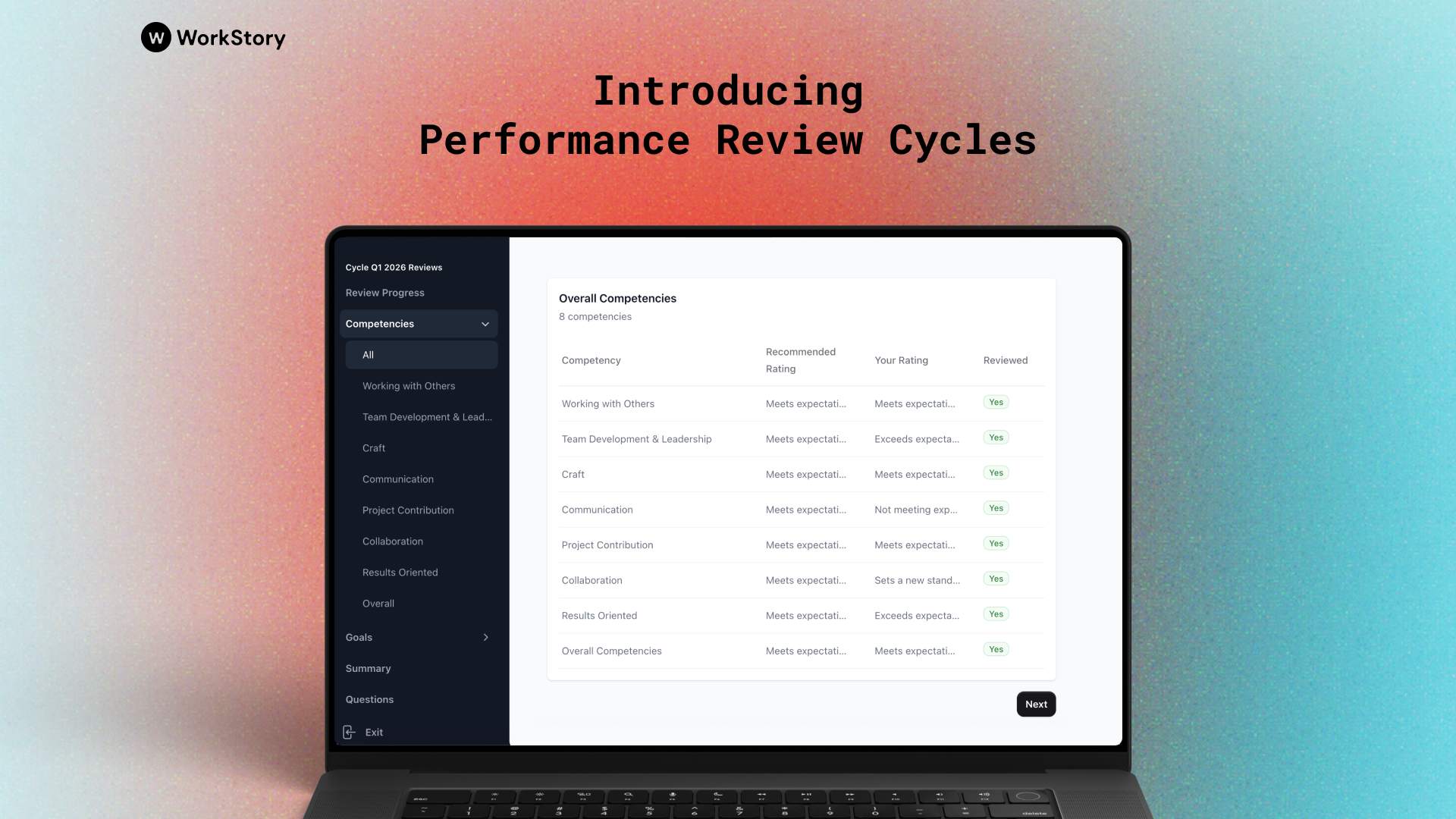Have you ever felt like you're taking on more and more responsibilities at work, but there's no change in your job title or salary?
Welcome to the world of "Quiet Promotion." It's a sneaky form of exploitation that can leave employees feeling overworked and undervalued.
In this blog post, we'll dive into what Quiet Promotion is, how to identify it, and most importantly, what you can do to protect yourself and your team from its damaging effects.
What is "Quiet Promotion"?
Quiet Promotion occurs when an employee is given additional responsibilities without a corresponding promotion or salary increase.
It's a sneaky way for companies to increase productivity without having to spend money on new hires or promotions.
According to a survey by JobSage, 78% of employees feel like they've experienced a quiet promotion.
While it may seem like a win-win for both the employee and the company, it's actually a silent saboteur that can undermine employee morale, job satisfaction, and team cohesion.
Signs of "Quiet Promotion"
- Taking on responsibilities beyond your job description
- Doing the work of a higher-level position
- Receiving less recognition or credit for your work
- Feeling overworked and stressed
If you're experiencing any of these symptoms, it may be a sign that you're a victim of "Quiet Promotion."
Risks associated with "Quiet Promotion"
- Decreased employee morale and engagement
- Burnout and decreased job satisfaction
- Weaker company as fewer individuals are handling more work
- Potential for resentment among team members
"Quiet Promotion" can have far-reaching and damaging effects on both the individual and the company. It's important to address it before it becomes a problem.
Mitigating the Risks
Communicate Your Concerns to Your Manager
If you're feeling overwhelmed and undervalued, it's important to have an open and honest conversation with your manager. Explain how your increased responsibilities are affecting your work and well-being, and ask for a promotion or salary increase.
Negotiate for a Promotion or Salary Increase
If taking on the responsibilities of a higher-level position, it's only fair that you receive a corresponding promotion or salary increase.
Don't be afraid to negotiate for what you deserve.
Set Boundaries and Prioritize Self-Care
It's important to set boundaries and prioritize self-care, even when you're feeling overworked. Take breaks, exercise, and make time for yourself.
Your well-being should always be a top priority.
Seek support from coworkers or HR
Feeling unsupported? Reach out to your coworkers or HR for help. They may have suggestions or resources that can help you navigate this difficult situation.
Advocate for Yourself
Quiet Promotion may seem like a harmless way for companies to increase productivity, but in reality, it can have damaging effects on employees and the company as a whole.
If you're experiencing any of the signs of Quiet Promotion, it's important to speak up and advocate for fair treatment in the workplace.
Your well-being and happiness are just as important as your job performance.





